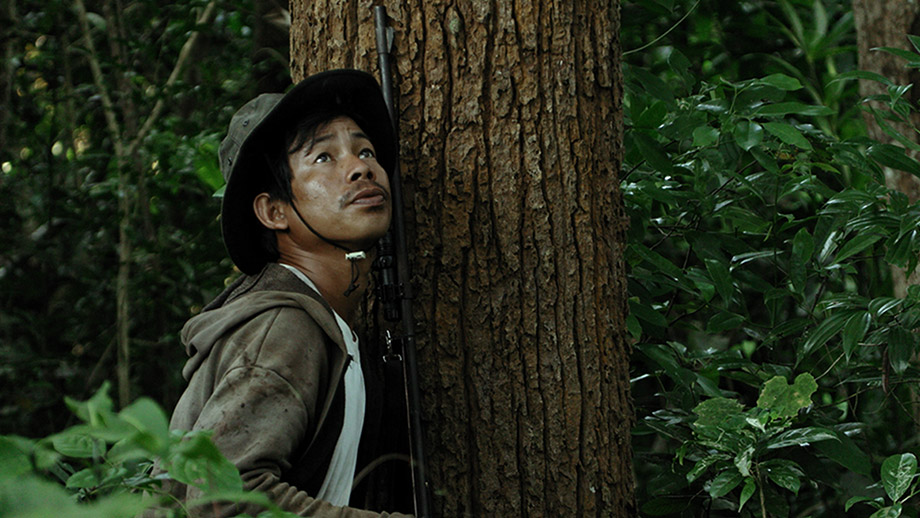Home / Arts and Entertainment / Cambodian Indigenous Group Battles to Preserve Ancestral Ways as Modernization Advances
Cambodian Indigenous Group Battles to Preserve Ancestral Ways as Modernization Advances
1 Nov
Summary
- Bunong people of northeastern Cambodia face pressure to rapidly harvest forests for companies
- Voiceover narration provides context on Bunong customs, beliefs, and concerns about the future
- Archival footage used poetically to juxtapose past and present Bunong way of life

Rithy Panh, Cambodia's most renowned filmmaker, has turned his lens on the Bunong, an indigenous ethnic group in northeastern Cambodia, with his latest documentary "We Are the Fruits of the Forest." The film, which premiered 9 months ago, provides an intimate look at the Bunong people's struggle to preserve their centuries-old traditions and way of life as they face mounting pressure from corporate interests seeking to access their land and resources.
The documentary primarily features contemporary footage of the Bunong villagers going about their daily tasks, such as cultivating large-grain rice and harvesting other forest products. Interspersed with this are poetic glimpses of archival black-and-white footage, which Panh uses to juxtapose the Bunong's past and present. A male voiceover, likely representing the collective anxieties of the community, provides context on the Bunong's animist beliefs, customs, and the increasing challenges they face, from predatory bank loans to racist attitudes from wider Cambodian society.
While the film avoids direct references to the Khmer Rouge regime that devastated Cambodia in the past, Panh's focus on the Bunong's battle to maintain their traditional lifestyle in the face of modern capitalist forces echoes his previous work on the aftermath of the genocide. "We Are the Fruits of the Forest" stands as a powerful testament to the resilience and dignity of the Bunong people as they fight to protect their ancestral way of life from the encroachment of the 21st century.



